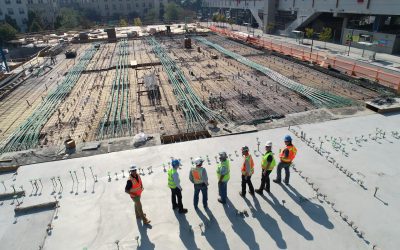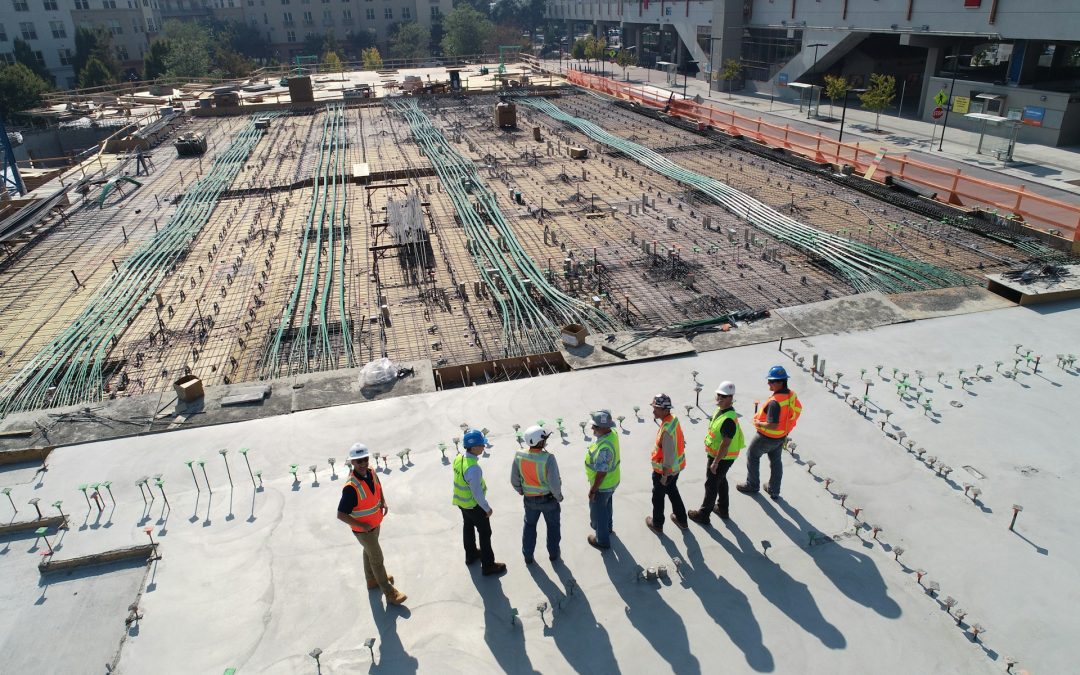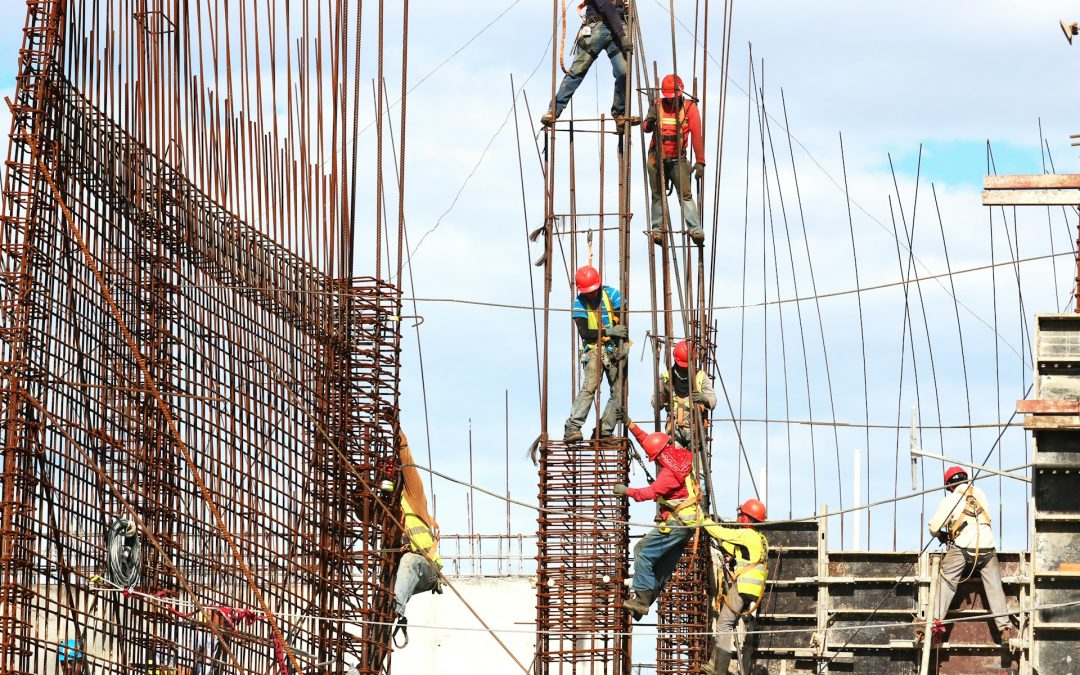Planning applications can be a complex maze, especially in Ireland, where the regulations are as intricate as a spider’s web. Understanding the nuances of planning permission can save time, money, and headaches down the road. Did you know that planning applications typically take about eight weeks to process, with the first five weeks reserved for public submissions? It’s essential to grasp these details to avoid unnecessary complications.
What You Need to Know
- Planning applications generally take 8 weeks to process.
- The application fee for building a house is approximately €65.
- Planning permission typically lasts for 5 years but can be extended.
- All major developments require planning permission.
Understanding the Necessity of Planning Permission
In Ireland, planning permission is not just a suggestion; it’s a requirement for most building activities. Failing to comply can lead to penalties that could turn a dream project into a financial nightmare. It serves as a legal framework to ensure that developments align with the community’s needs and environmental considerations. Building without it can bring about enforcement actions, which can be as disruptive as a thunderstorm on a clear day.
It’s crucial to understand that the local government mandates planning permission to maintain order and safety in development. Not only does this process protect the environment, but it also ensures that new constructions complement existing structures. To delve deeper into the planning process, you can explore our Planning Process Overview.
Common Types of Planning Permissions
There are four main types of planning permissions in Ireland, with Full Permission leading the pack. Full Permission is valid for five years, allowing ample time for project execution, while Outline Permission lasts for three years. These types serve different needs, from large constructions to smaller alterations, like a toolbox full of different-sized wrenches, each designed for a specific task.
Understanding these permissions is vital, as each comes with specific requirements and implications. Not adhering to these can lead to refusals or complications in the application process.
The Application Process: Steps and Requirements
The application process is a series of steps that must be followed carefully. After public notice, a valid application must be submitted within two weeks, and local authorities have eight weeks to make a decision. This timeline can feel like a ticking clock, emphasising the importance of punctuality and thoroughness in submissions. Each application must be accompanied by detailed plans, public notices, and necessary documentation, all of which contribute to the overall success of the application.
It’s not just about filling out forms; it’s about presenting a cohesive argument for why the project should proceed.
Consequences of Non-Compliance
Building without the necessary planning permission can lead to severe consequences, like a storm cloud looming over an unsuspecting landscape. Local authorities have the power to impose significant fines, issue demolition orders, and even pursue criminal charges in extreme cases. These penalties are designed to deter unauthorised developments and protect community interests.
Understanding these risks emphasises the importance of ensuring compliance before starting any construction.
Importance of Professional Assistance
Seeking professional advice can significantly increase the chances of a successful planning application. Experts can navigate the complex web of planning laws, helping applicants prepare comprehensive submissions that stand a better chance of approval. Their experience often translates into smoother processes and fewer headaches, like having a seasoned captain at the helm of a ship in turbulent waters.
Professional consultants not only simplify the paperwork but also provide invaluable insights into local regulations and community expectations. For a detailed overview of our consulting services, check out our Consultant Services.
Public Engagement: The Role of Community Feedback
Community feedback is a crucial part of the planning application process. Public submissions are allowed within five weeks of the application notice, making it essential for developers to engage with local residents. This proactive approach can help address concerns before they escalate into formal objections, fostering a cooperative environment.
Engaging with the community fosters goodwill and can lead to smoother approval processes.
Timeframes for Approval and Appeals Process
Timing is everything in the planning permission process. If permission is refused, applicants can lodge an appeal within four weeks. However, the approval process can extend beyond the standard eight weeks if additional information is requested, making patience a virtue akin to waiting for a flower to bloom.
Understanding these timelines is crucial for effective project management.
Common Reasons for Planning Permission Refusals
Understanding why planning permissions are refused can help applicants avoid common pitfalls. Non-compliance with established planning policies and significant environmental impacts are frequent culprits. Applicants receive written decisions outlining the reasons for refusal, which can serve as a guide for future applications, illuminating the path ahead like a lighthouse guiding ships to safety.
Retrospective Planning Permissions: What You Need to Know
Retrospective planning permissions allow developers to regularise unauthorised developments. This process can be a lifesaver for those who may have unknowingly contravened planning laws. However, applying for retention permission requires careful presentation of the situation to improve approval chances.
Understanding the nuances of retrospective permissions can save a project from complications.
The Importance of Compliance with Local Regulations
Compliance with local regulations is crucial in the planning process. Non-compliance can trigger enforcement actions, making it essential for developers to adhere to local laws. Local authorities provide zoning maps outlining permissible development types, which are invaluable resources for anyone considering a project.
Understanding these regulations helps prevent unpleasant surprises during the application process.
Future Changes and Trends in Planning Permission
The planning landscape is always changing, with new regulations and trends emerging to address modern development challenges. Staying informed about these changes can help applicants remain compliant and avoid potential pitfalls. The evolving nature of planning laws reflects society’s shifting priorities and environmental considerations.
Understanding these aspects of planning permissions can help you navigate the process more effectively. Awareness of common pitfalls ensures that you are better equipped to handle your planning applications successfully.











